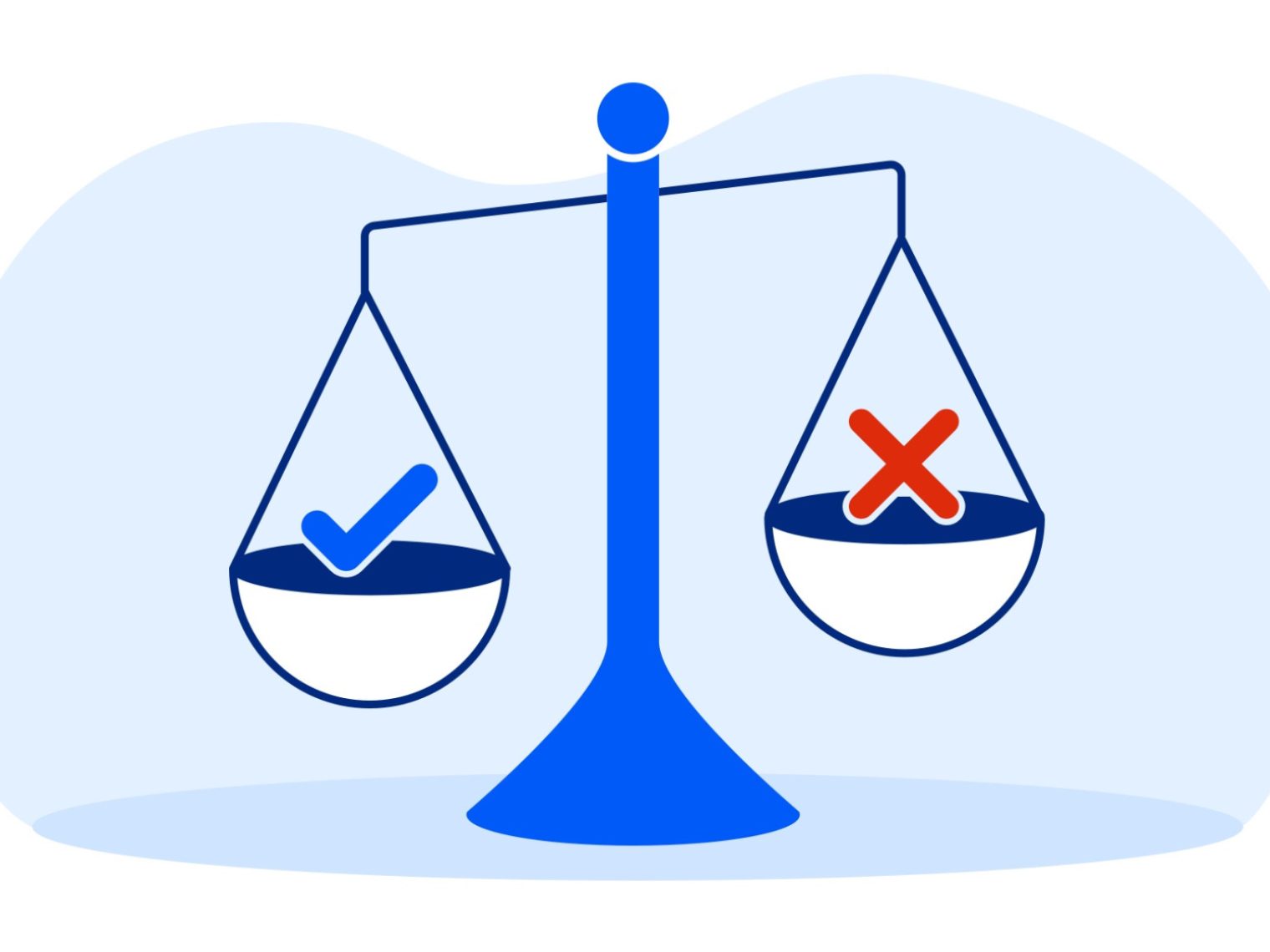The bipartisan bill provides earlier access to the VA home loan benefit for qualified Guard members ordered to full-time duty under Title 32 orders, including thousands mobilized to respond to the COVID-19 pandemic.
A measure that will expand access to the VA home loan benefit for thousands of National Guard members is on its way to the president's desk.
The Senate passed a wide-ranging Veteran benefits bill on Wednesday, the culmination of a months-long bipartisan effort between the House and Senate Veterans Affairs committees.
A key component of the bill accelerates the time line for when qualified National Guard members can gain eligibility for the VA loan program, including those serving on the frontlines of the COVID-19 outbreak.
Expanded VA Loan Eligibility
Tens of thousands of National Guard members have been activated to respond to the coronavirus pandemic since March. They're playing a critical role during the crisis, doing everything from supporting local testing sites and boosting medical capacity to distributing food and helping with supply chain logistics.
As the pandemic lingers, some of those Guard members are spending months taking care of communities across the country. Until now, many of them weren't eligible for a VA loan.
In most cases, National Guard members gain VA loan eligibility after six years of service. That time requirement can shrink to just 90 days for Guard members called to active duty federal service under Title 10 of the U.S Code.
During large disasters, such as Hurricane Katrina or the COVID-19 response, Guardsmen have been mobilized under Title 32 of the U.S. Code, which means they're in a federal pay status but under the command and control of state governors. Governors across all 54 states and U.S. territories have mobilized components of their Army and Air National Guards for the response.
Unlike with Title 10 orders, Guard members serving under Title 32 orders have never been granted early access to the VA loan benefit.
This bill eliminates that discrepancy. Moving forward, Guard members activated under Title 32 will become eligible for a VA loan after serving 90 total days, 30 of which much be consecutive.
“Thousands of men and women serving in the National Guard and Reserve have left behind their families, friends, and livelihoods over the last several months to help their communities cope with COVID-19,” said Rep. Phil Roe (R-TN-1), Ranking Member of the House VA committee and a co-sponsor of the original House bill. “The least we can do for them in return is to ensure that the benefits they receive following their service at home are consistent with the benefits they would receive serving elsewhere.”
This change is also retroactive. Untold thousands of Guard members who were activated under Title 32 but never met the six-year requirement will gain VA loan eligibility because of this legislation.
Natural Disaster Help
The bill also eases financial burdens for VA homeowners affected by natural disasters.
Most Veterans pay a funding fee as part of obtaining a VA loan. For most first-time buyers, this fee is currently 2.15% of the loan, but it rises to 3.3% for every subsequent home purchase. The fee goes directly to the VA to keep the loan program running.
Once this bill becomes law, Veterans whose homes are destroyed in a natural disaster will be able to pay the first-use fee if they obtain another VA loan, regardless of whether they're already used the benefit.
Months of Work
The bill that passed Wednesday is H.R. 7105, the "Johnny Isakson and David P. Roe, M.D. Veterans Health Care and Benefits Improvement Act of 2020."
Introduced by Rep. Mike Levin (D-CA-49), the bill built on earlier draft legislation from both the Senate and House VA committees, which are led by Chairman Sen. Jerry Moran (R-KS) and Ranking Member Sen. Jon Tester (D-MT) and Chairman Rep. Mark Takano (D-CA-41) and Ranking Member Rep. Phil Doe (R-TN-1), respectively.
Co-sponsors of those earlier bills included Sen. Thom Tillis (R-N.C.) in the Senate and Reps. Mike Bost (R-IL-12), Phil Roe (R-TN-1), Joe Cunningham (D-SC-1), Jim Banks (R-IN-3), Thomas Tiffany (R-WI-7), and Susan Wild (D-PA-7) in the House.
Related Posts
-
 VA Renovation Loans for Home ImprovementVA rehab and renovation loans are the VA's answer to an aging housing market in the United States. Here we dive into this unique loan type and the potential downsides accompanying them.
VA Renovation Loans for Home ImprovementVA rehab and renovation loans are the VA's answer to an aging housing market in the United States. Here we dive into this unique loan type and the potential downsides accompanying them. -
 Pros and Cons of VA LoansAs with any mortgage option, VA loans have pros and cons that you should be aware of before making a final decision. So let's take a closer look.
Pros and Cons of VA LoansAs with any mortgage option, VA loans have pros and cons that you should be aware of before making a final decision. So let's take a closer look.
